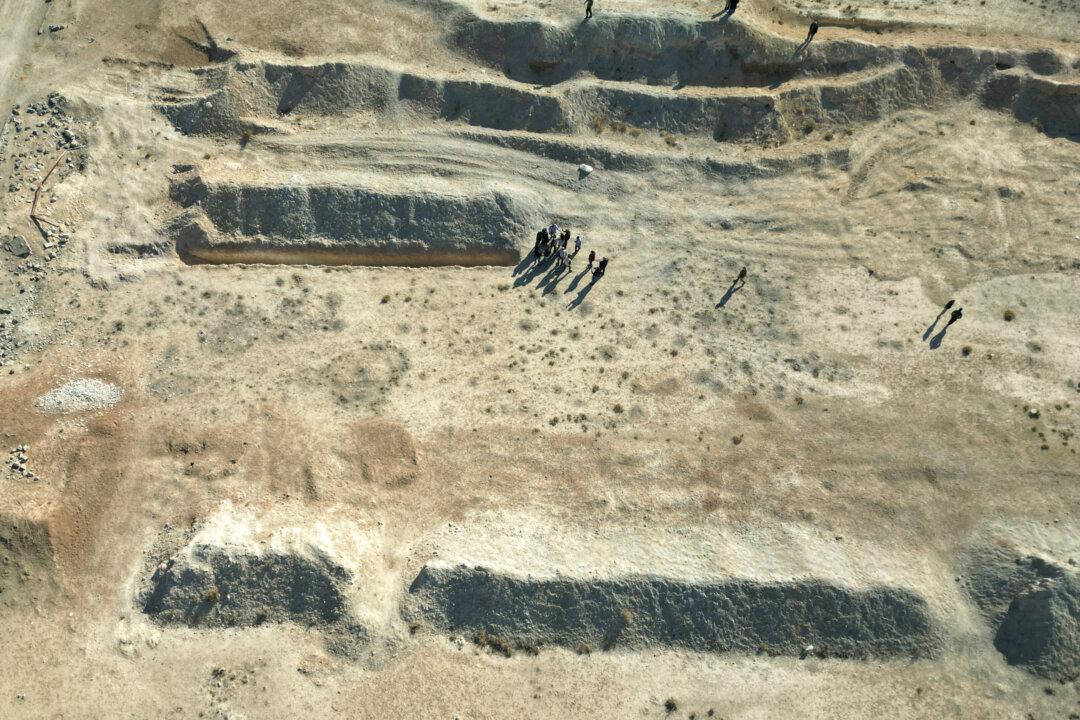HONG KONG/LONDON—European and Asian stocks fell on Tuesday after China cut interest rates by less than expected and the market awaited more details on Beijing’s plans to shore up a stuttering economic recovery.
China cut its benchmark loan prime rates (LPR) for the first time in 10 months on Tuesday, with a smaller-than-expected 10-basis point reduction in the five-year LPR.
Europe’s pan European STOXX 600 index fell 0.13 percent, after declines in stock markets across Asia.
MSCI’s broadest index of Asia-Pacific shares outside Japan fell 0.75 percent. China’s benchmark CSI slipped 0.17 percent, with the real estate index falling 1.9 percent, its biggest daily decline in a month.
“I don’t think they (the LPR cuts) are going to move the needle at all,” said Redmond Wong, Greater China market strategist at Saxo Markets. He said a 15 basis-point cut would have sent a “stronger message” that could boost sentiment in China’s property sector.
Analysts at BofA global research said in a note that “such marginal easing” would likely help prevent growth from slowing sharply, but was “unlikely to offer a strong boost to reverse the growth slippage in the near future.”
The rate cuts are the latest in a string of moves by Beijing to shore up a slowing recovery in the world’s second-largest economy amid looming deflation risks, property market woes, and high youth unemployment.
The People’s Bank of China lowered the medium-term lending facility rate on Thursday last week. The market was speculating on what China could do next to revive the recovery but was disappointed by a lack of concrete measures from a cabinet meeting on Friday.
The delay in further stimulus measures weighed on sentiment, with Citi the latest in a handful of big banks to lower its growth forecasts for the Chinese economy on Tuesday.
Meanwhile, China and the United States failed to produce any major breakthrough during U.S. Secretary of State Antony Blinken’s visit to Beijing, but both sides agreed to stabilize relations to avoid veering into conflict.
“The meeting helped improve sentiment, but the market also understands that there’s strategic competition between the U.S. and China,” Saxo’s Wong said.
Australian shares bucked the trend, hitting a two-month peak after minutes of the Reserve Bank of Australia’s latest policy meeting showed that a decision to hike interest rates in June was “finely balanced.” A central banker on Tuesday also hinted there was room for policy adjustment from the current path of aggressive rate hikes.
Elsewhere, British two-year government bond yields, more sensitive to rate hikes, touched a new 15-year high, edging up further above 5 percent as investors ramped up their bets on how fast and how far the Bank of England will raise interest rates.
U.S. crude fell 0.8 percent to $71.22 per barrel and Brent was at $76.41, reversing earlier declines to rise 0.42 percent on the day.





